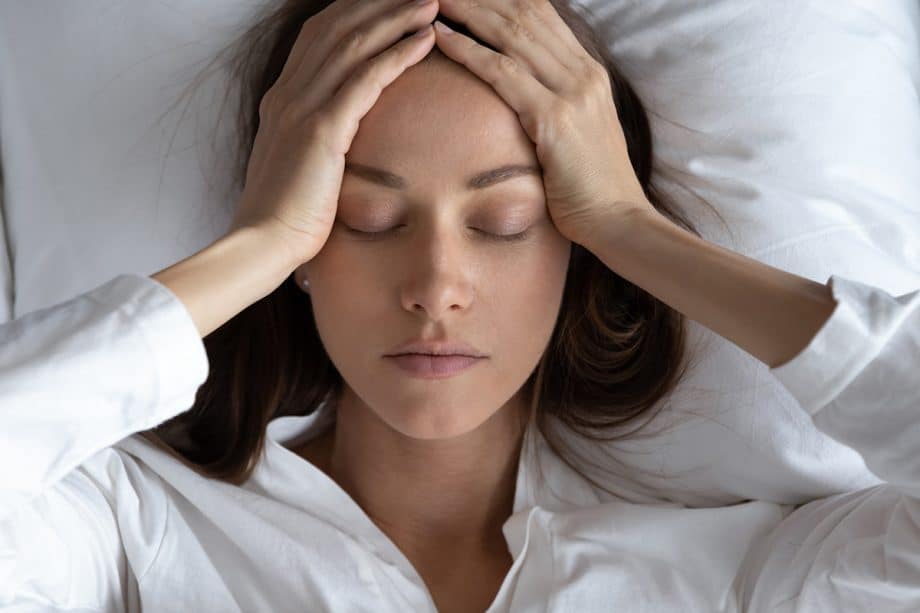Do you ever find yourself feeling tired and lethargic despite getting enough restful rest during the night? This could be sleep apnea, an increasingly common disorder affecting millions worldwide.
Sleep apnea is often marked by loud and persistent snoring during sleep; waking frequently from being unable to fall back asleep due to disturbed cycles; or gasping or choking sensations during the night due to breathing pauses.
Don't ignore sleep apnea; instead, be aware of its key indicators, and take the necessary steps for improved nightly rest.
Understanding the importance of recognizing sleep apnea symptoms
Sleep apnea is more than disruptive snoring. It can seriously impact your health if untreated. During apneas, breathing stops repeatedly, reducing oxygen in the blood. This strains the heart and increases risks of heart disease and stroke. Sleep apnea also ruins sleep quality, leading to excessive daytime drowsiness, impaired concentration, and lower quality of life.
Key signs and symptoms of sleep apnea
Loud and chronic snoring - Frequent loud snoring is a major red flag for sleep apnea. The snoring may also be punctuated by gasping or choking when breathing resumes after an apneic episode. While not everyone who snores has sleep apnea, loud and regular snoring is an important potential indicator.
Waking up frequently during the night - Sleep apnea can disrupt normal sleep cycles, causing frequent awakenings. These may be from gasping for air after an apnea or waking up due to discomfort. Frequent night waking despite feeling tired is a sign.
Gasping or choking sensations - Individuals with sleep apnea may abruptly wake up gasping for air or feeling like they are choking due to holding their breath or strained breathing during an apneic episode. These sensations can cause distress.
Excessive daytime sleepiness - Despite adequate time in bed, sleep apnea sufferers often feel chronically fatigued and sleepy during the day due to poor sleep quality. Persistent drowsiness is a warning sign.
Morning headaches - Waking up with dull, aching morning headaches can signal sleep apnea. Headaches may result from oxygen deprivation during nighttime breathing disruptions.
How to determine if you're at risk for sleep apnea
If you suspect you have sleep apnea, consulting a sleep specialist is crucial for diagnosis and treatment. A sleep doctor will evaluate concerning symptoms like loud snoring, daytime fatigue, and morning headaches. They can then recommend appropriate testing to confirm if you have sleep apnea.
An overnight sleep study, or polysomnogram, is the primary diagnostic test. You will spend the night sleeping at a center equipped with sensors that track your breathing, oxygen levels, heart rate, brain activity and movements during sleep. This gives comprehensive data to identify any apneas and their severity.
Sometimes a home sleep test is an option instead. This portable monitor records key signals like breathing and oxygen saturation while you sleep in your own bed. Though not as thorough, a home sleep study can also detect signs of sleep apnea.
Sleep Apnea Treatment in Aliso Viejo
Obstructive sleep apnea is an ongoing condition that disrupts sleep by causing repeated breathing pauses or shallow breathing during sleep.
Milder cases may benefit from lifestyle changes like losing weight or positional therapy or using an oral appliance to maintain an open airway. For moderate to severe sleep apnea, CPAP therapy uses pressurized air to keep airways open while sleeping and prevent apneas. Surgery is another option to remove excess throat tissue obstructing breathing.
To learn more about how Aliso Smiles can provide sleep apnea treatment, contact us at 949-916-7800.

